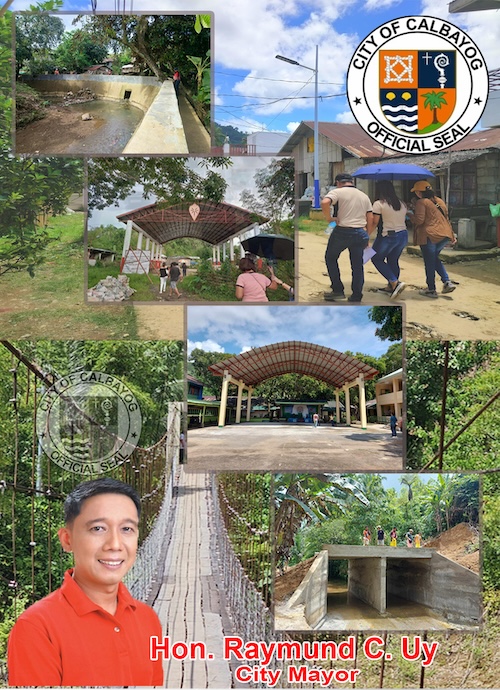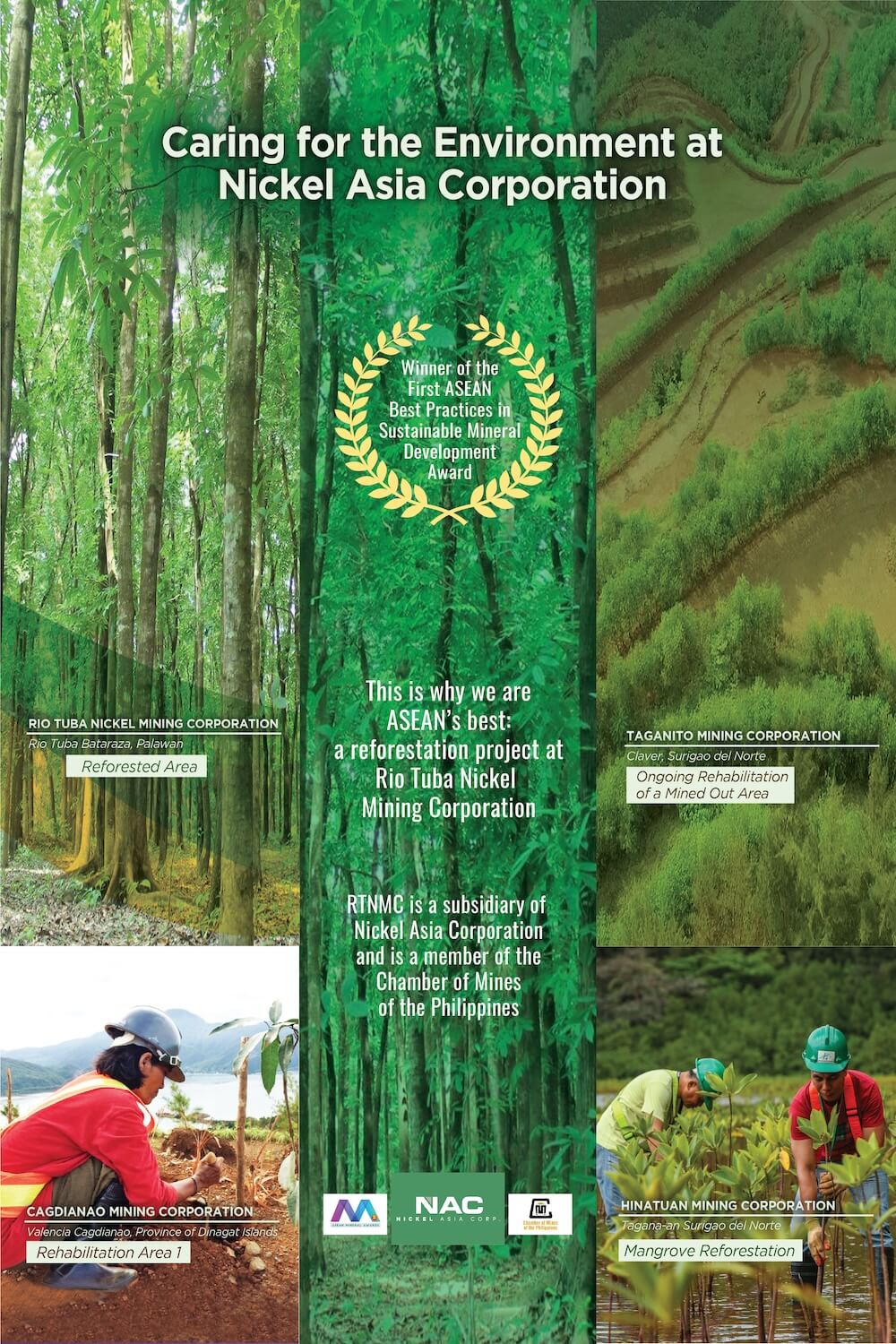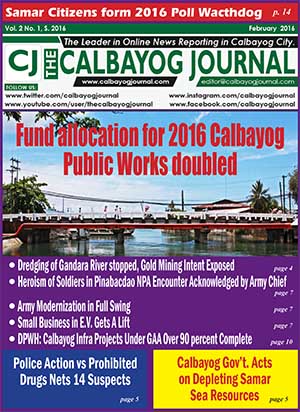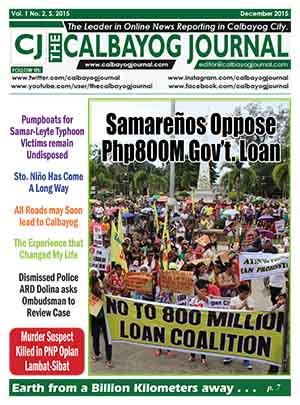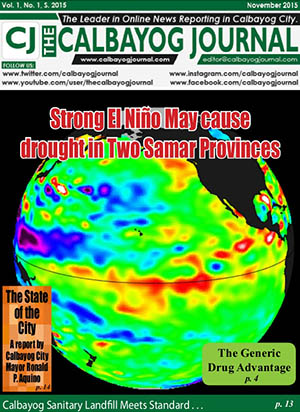Story: BOB VILLABLANCA
Photos: Internet
Photos: Internet

Four years since the Philippine senate ratified the Minamata convention, the use of mercury in small mining remains rampant, according to an advocacy group.
The nongovernment organization BAN Toxics said on Thursday that mercury remains the top choice among artisanal small-scale miners in capturing gold from milled ores than other alternatives, such as the use of cyanide, due to the immediacy in extracting the valuable metal.
Jam Lorenzo, policy development and research officer of the group, said the inadequate support from the government results in the lack of opportunities for miners to access safer technologies. Lorenzo published a study "Illicit Mercury Flows and Governance Practices in Mindanao" in 2019.
The Philippine government signed the Minamata Convention and the international accord entered into force in August 2017. The Philippine Senate ratified the convention three years after it took effect last August 2020.
The Minamata Convention is the world's first legally binding treaty to phase out mercury, a highly toxic substance that poses threats to the environment and human health.
The convention includes a ban on new mercury mines, the phase-out of existing ones, the phase-out and phase-down of mercury use in a number of products and processes, control measures on emissions to air and on releases to land and water, and the regulation of the informal sector of artisanal and small-scale gold mining.
The Convention also addresses interim storage of mercury and its disposal once it becomes waste, sites contaminated by mercury as well as health issues.
The nongovernment organization BAN Toxics said on Thursday that mercury remains the top choice among artisanal small-scale miners in capturing gold from milled ores than other alternatives, such as the use of cyanide, due to the immediacy in extracting the valuable metal.
Jam Lorenzo, policy development and research officer of the group, said the inadequate support from the government results in the lack of opportunities for miners to access safer technologies. Lorenzo published a study "Illicit Mercury Flows and Governance Practices in Mindanao" in 2019.
The Philippine government signed the Minamata Convention and the international accord entered into force in August 2017. The Philippine Senate ratified the convention three years after it took effect last August 2020.
The Minamata Convention is the world's first legally binding treaty to phase out mercury, a highly toxic substance that poses threats to the environment and human health.
The convention includes a ban on new mercury mines, the phase-out of existing ones, the phase-out and phase-down of mercury use in a number of products and processes, control measures on emissions to air and on releases to land and water, and the regulation of the informal sector of artisanal and small-scale gold mining.
The Convention also addresses interim storage of mercury and its disposal once it becomes waste, sites contaminated by mercury as well as health issues.
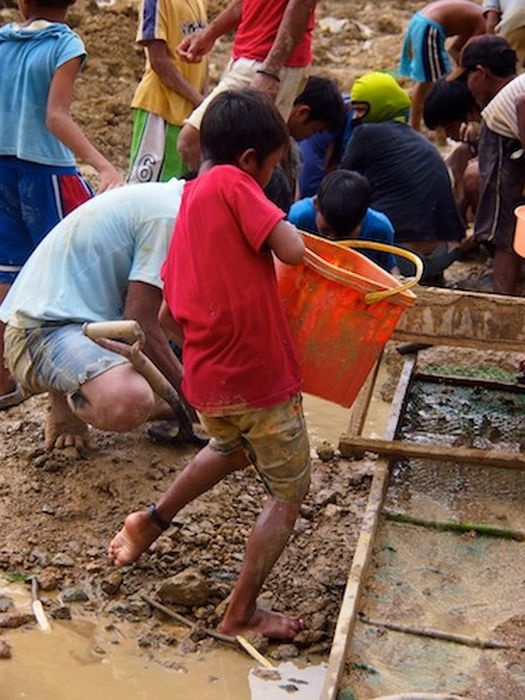
The convention is named after the Japanese city where industrial emissions of the toxic substance caused a poisoning disease affecting thousands of people in the 1950s.
Then Environment Secretary Roy Cimatu said that the Senate ratification of the convention will protect the country from being a dumping ground for products containing mercury and will help avoid further risk to the country's aquatic life, where mercury levels have been increasing.
However, the bigger problem may not be the imported mercury-containing products that continue to find their way to the local market but the unabated illegal trade of the toxic chemical.
Lorenzo said that since the Palawan Quicksilver Mines closed in 1976, there should have been no mercury mining operations in the country.
In 2019, Cimatu issued the Department of Environment and Natural Resources (DENR) Administrative Order 2019-20 (DAO 2019-20) prohibiting the use of mercury in artisanal and small-scale gold mining (ASGM).
The Minamata Convention also prohibits the importation of mercury without government consent. This is to ensure that both the mercury source and proposed use comply with the Convention and applicable domestic law.
But the reality in small mining shows otherwise.
Lorenzo said mercury that are sold to small miners may have been surreptitiously brought into the country without the consent of the government
"Evidence indicates that mercury in the Philippines comes from neighboring countries like China, Indonesia, and Malaysia, entering the country through both illegal and legal channels," he said.
He said the government should address the transboundary trade of mercury not just in ASGM use but also with other mercury products.(CJ/jmm/BV)
Then Environment Secretary Roy Cimatu said that the Senate ratification of the convention will protect the country from being a dumping ground for products containing mercury and will help avoid further risk to the country's aquatic life, where mercury levels have been increasing.
However, the bigger problem may not be the imported mercury-containing products that continue to find their way to the local market but the unabated illegal trade of the toxic chemical.
Lorenzo said that since the Palawan Quicksilver Mines closed in 1976, there should have been no mercury mining operations in the country.
In 2019, Cimatu issued the Department of Environment and Natural Resources (DENR) Administrative Order 2019-20 (DAO 2019-20) prohibiting the use of mercury in artisanal and small-scale gold mining (ASGM).
The Minamata Convention also prohibits the importation of mercury without government consent. This is to ensure that both the mercury source and proposed use comply with the Convention and applicable domestic law.
But the reality in small mining shows otherwise.
Lorenzo said mercury that are sold to small miners may have been surreptitiously brought into the country without the consent of the government
"Evidence indicates that mercury in the Philippines comes from neighboring countries like China, Indonesia, and Malaysia, entering the country through both illegal and legal channels," he said.
He said the government should address the transboundary trade of mercury not just in ASGM use but also with other mercury products.(CJ/jmm/BV)



